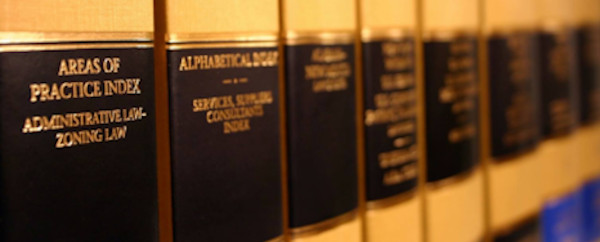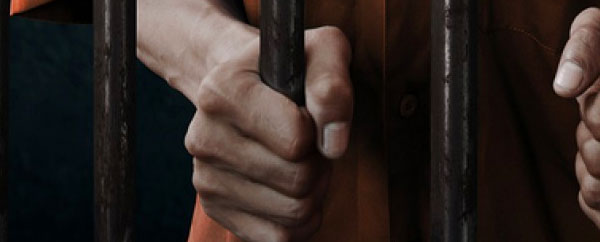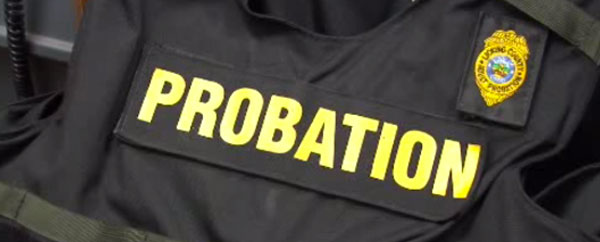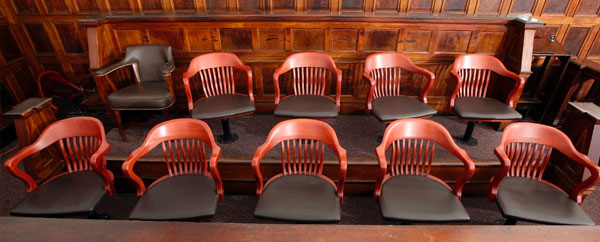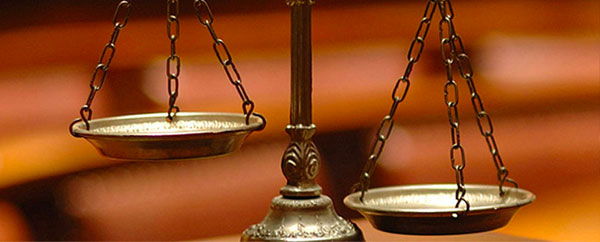Texas Legal Process:
Grand Jury Proceedings
A Grand Jury is a governing body made up of 12 citizens of the community selected by the presiding Judge for a term of three months. The primary function of a grand jury is to hear evidence from the State on felony cases alleged to have been committed in the county and determine whether probable cause exists for the case to be formally filed. Grand juries have the power to request evidence and testimony to assist them in making a decision.
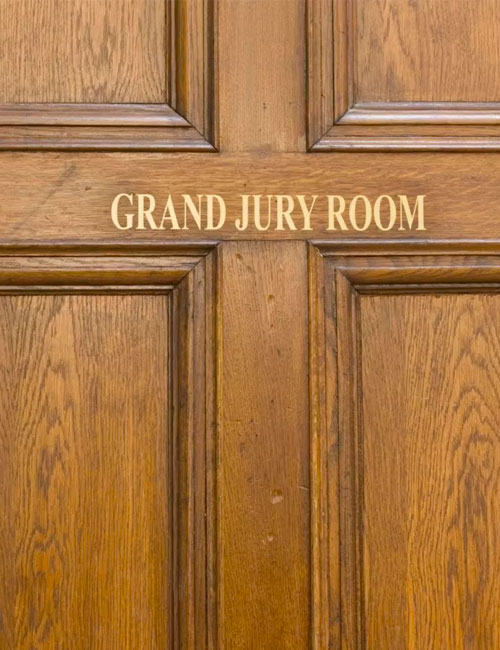
- A Grand Jury is a group of 12 individuals chosen to hear all felony cases and determine if the case contains the necessary elements to move forward.
- Grand Jurys are secret proceedings.
- A prosecutor is allowed to present their version of the facts of a case and ask for a Grand Jury to determine if the case can move forward. A prosecutor is allowed to bring witnesses and evidence to the Grand Jury to assist them in their review of the case. Once the case is presented, all non Grand Jury members are required to leave the room. The Grand Jury then meets in secret to discuss the case and make a decision on whether to accept or decline the case.
- A Grand Jury meets multiple times during their term.
- Defense attorneys are NOT allowed in Grand Jury proceedings.
Grand Jurys:
- Every felony case has to go before the Grand Jury before it is allowed to move forward to a trial in Court.
- Grand Jurys meet multiple times during their term and hear multiple cases during one meeting.
- Grand Jurys are only tasked with determining if the arresting/investigating agency had probable cause to arrest. This is a very low burden and easily obtainable.
- Grand Jurys are allowed to consider all facts, regardless of whether they would be admissible in Court.
- Grand Jurys are operated exclusively by the prosecutors. Defense attorneys are not allowed access to grand jury proceedings.
Trial Jurys:
- Trial Jurys are selected to hear the facts about one case and make a determination on if a person is guilty or not guilty.
- Trial Jurys must determine if the State has proven all the elements of the offense charged beyond a reasonable doubt, the highest burden in our justice system.
- Information given to Trial Jurys are subject to the rules of evidence.
- The State and Defense attorneys are required to be present at all proceedings in front of a trial jury.
Grand Jurys have three options: a true bill, a no bill, or to take no action.
- A true bill means the Grand Jury found probable cause to believe a crime happened. A formal charge, or an Indictment, is given to the Court. The case will then proceed to Court.
- A no bill means the Grand Jury has found probable cause does not exist. This results in a dismissal of a case. Cases that are no billed may be re-presented at a later time with additional evidence.
- No action means the Grand Jury has decided not to make a decision on the case. This means a Prosecutor then has the ability to represent a case to a new grand jury or dismiss a case.
Just because you have been indicted by a Grand Jury does not mean you have been found guilty. An indictment simply means the case can progress in Court.
Not without discussing your options with your ATTORNEY.
- As an accused, you cannot be forced to speak to anyone regarding your case. You have the right to assert your 5th Amendment Constitutional Right to remain silent and not to make incriminating statements at this stage.
- Your attorney IS NOT allowed in a Grand Jury Proceeding. You would be subjecting yourself to questions from the State Prosecutor and the Grand Jurors without representation.
- Witness statements made in a grand jury proceeding are sworn, recorded statements that may be used against you at a later date.
- In some circumstances, it is possible to provide information to a Grand Jury, through the prosecutor without having to be questioned.
Testifying in front of a Grand Jury is a serious thing. It is IMPORTANT that you make this potentially life-changing choice with advice from your attorney. Once you testify, anything said cannot be taken back.
While this is possible, testifying in front of a grand jury is extremely risky. You should contact an attorney IMMEDIATELY before making the choice to testify in front of a Grand Jury.

